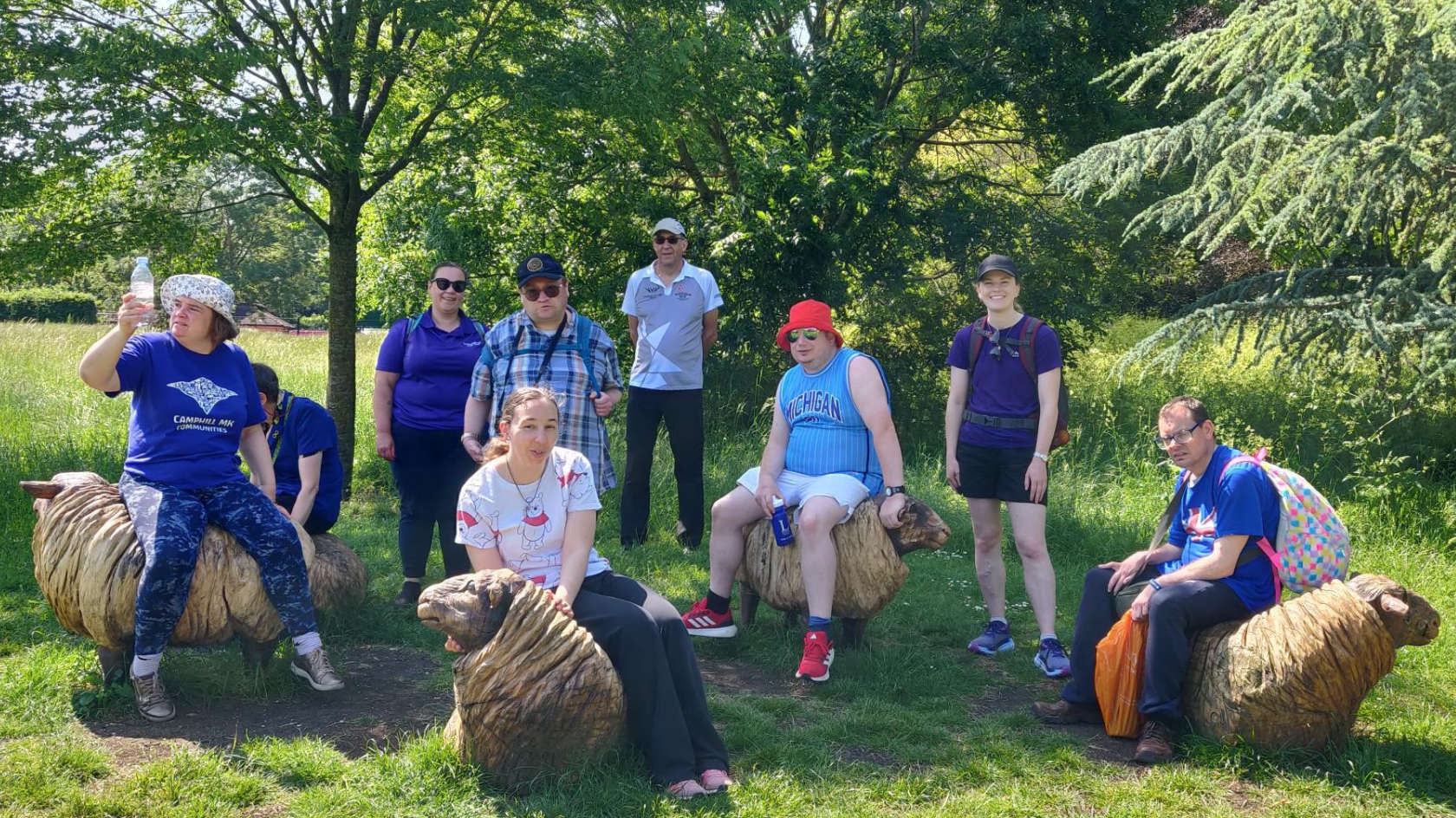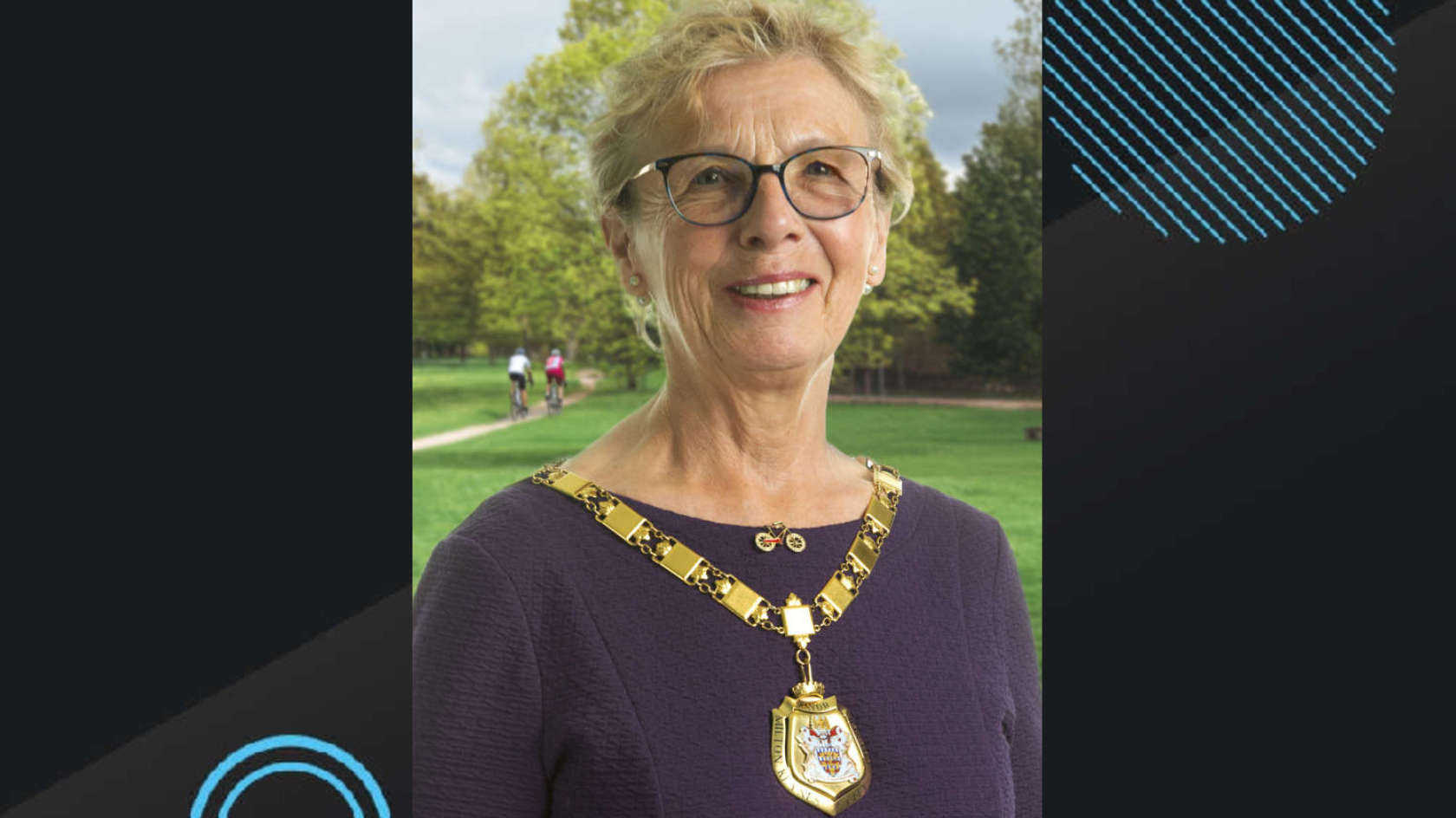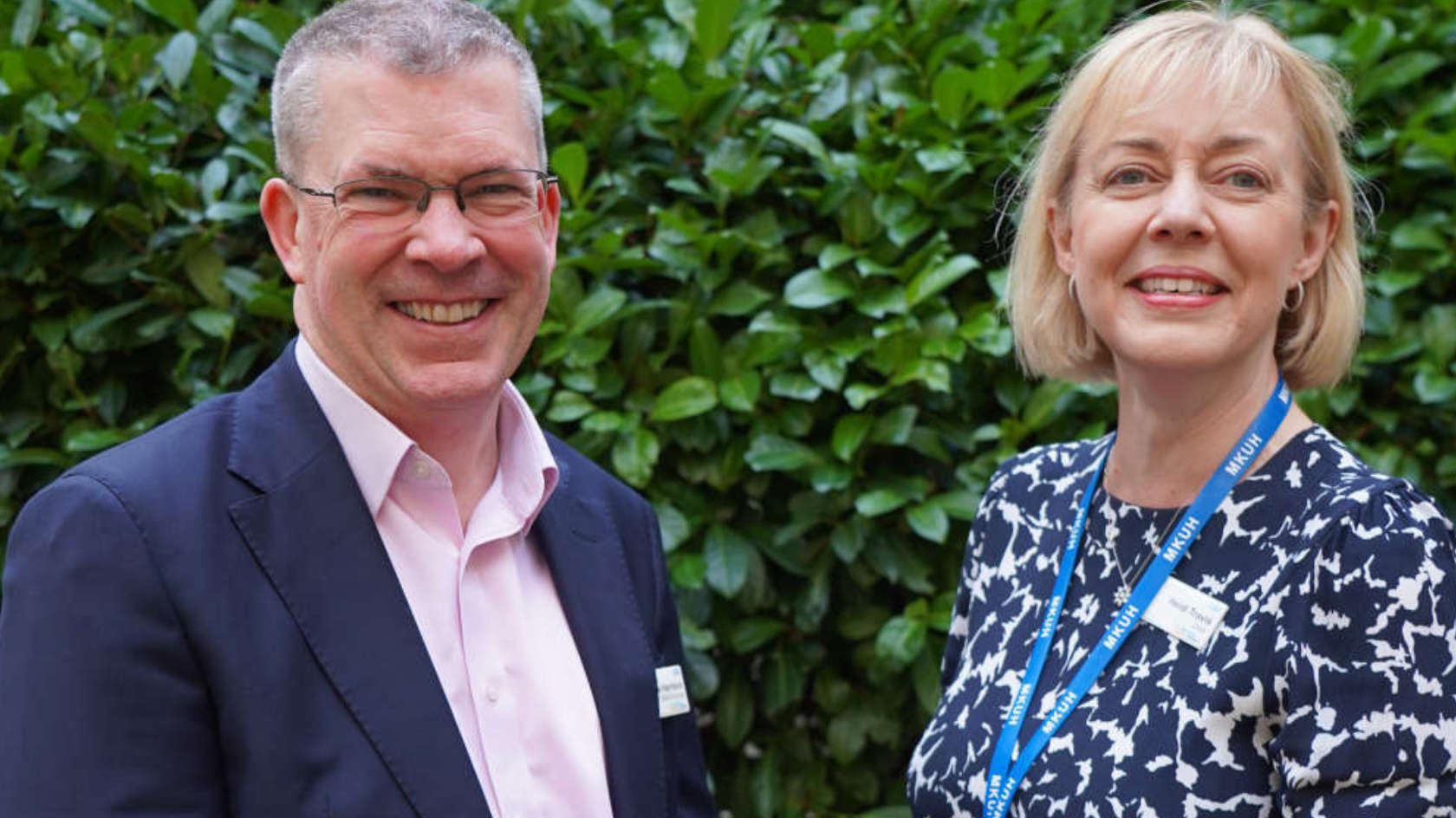
A public health chief has thanked the public for sticking to covid rules which is helping the fight against the dominant delta variant of the coronavirus.
A committee was told that local experts are “heartened” that rates of infection seem to be flattening off despite the variant being much more transmissible than previous versions.
“It’s really important to thank our residents for their continued determination and their safe approach to interactions,” said Vicky Head who is the director of public health in Milton Keynes and Bedford.
“We can’t bring the rates down without everybody’s joint effort on that so we really appreciate that.”
Cllr Alice Jenkins (Cons, Danesborough & Walton) said the borough has protected itself from the sort of infection rate seen in next door Bedford.
“Our numbers have remained relatively low as a result of hard work from people who have been outside and keeping their space,” she told Wednesday’s meeting of the health and adult social care scrutiny committee.
The committee was told that on Monday (June 21) the borough was seeing just over 181 cases each week, giving an overall case rate of 67 per 100,000.
This is not being translated into large numbers of people being admitted to Milton Keynes University Hospital (MKUH)
But the committee was told that in the last few days the number of inpatients in MKUH has doubled from four to eight.
Vicky Head said: “Younger people are being admitted this time round which we would expect given the majority of our older people are now protected by vaccination.
“If you have lots of infection you will still have people who will become seriously unwell among those numbers.”
Some people who have had one and two doses of vaccines are also being infected by the vaccine dodging variant, the committee heard. But the numbers still indicate that two doses provide good protection.
Dr Oliver Mytton, the council’s deputy director of public health, gave an idea how infectious the delta variant is compared to earlier versions.
“We’ve been surprised sometimes how easily this variant has spread in primary school populations which we haven’t seen before,” he said.
The committee heard that there has been a lot of disruption in local schools and workplaces during this latest stage of the pandemic.
But pre-schools and nurseries haven’t been hit the same way and Dr Mytton put this down to being “lucky.”
The committee heard that the variant has not been able to infect older, more vulnerable age groups to the same extent as before. And the number of deaths has not been increasing.
The committee agreed to press the council’s communications team to amplify its messages to the public on the importance of testing.
Vicky Head agreed that the council could be doing more on getting messages across on testing.















